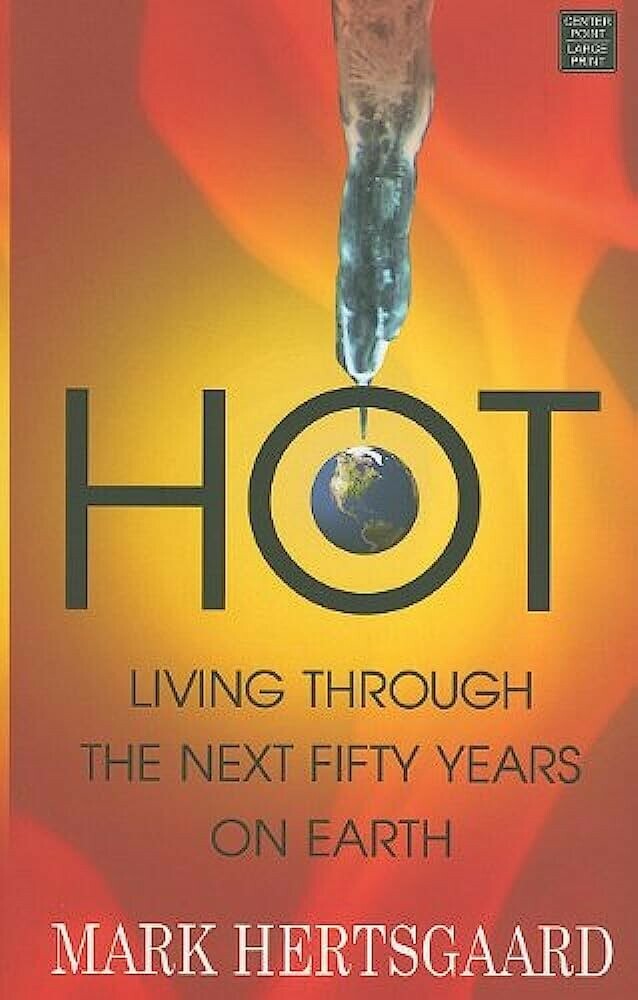Is Duluth waiting for a disaster?

It's a Wednesday morning and I start walking from the 1900 block of East Jefferson Street to downtown Duluth. Within a minute, I realize that it's not a fog but a haze surrounding me. My eyes itch and my throat is dry.
Upon getting to my destination, I check the updates from the National Weather Service and Minnesota Pollution Control Agency. They've issued an air quality alert for fine particle pollution due to the wildfires in Ontario, Canada. It's reached the orange or unhealthy category for sensitive groups, including people with lung disease, asthma, heart disease as well as children and older adults. I'm in one of those categories.
Dr. Rupa Marya, in her book Inflamed: Deep Medicine And The Anatomy Of Injustice, wrote, "Air pollution from wildfires can cause inflammation in the lungs and the blood vessels, leading to increased risk of heart attack and stroke. It can also predispose people to worse outcomes from Covid."
I'm wondering if we'll hear from any of our city's leaders in government, business, public health or academia. Wondering if anyone will talk about this new air quality alert, the wildfires in Canada and possible wildfires in Northern Minnesota, or the ongoing challenges of addressing our climate emergency.
Maybe, I missed it. But I didn't hear anything. Not a peep. Nothing.
With all the major wildfires in Canada and temperature records that have recently been broken in cities and countries around the world, I decided to reread the chapter in Mark Hertsgaard's book Hot where he talks about his visits to New Orleans.
Hertsgaard wrote, "The ruination of New Orleans offers a lesson - a warning, really - about what can happen to people and places that fail to prepare for the impacts of climate change. At this moment, that includes most people and places on earth. At a time when weather-related disasters are projected to increase in severity and perhaps frequency, most people are waiting until disaster strikes before putting proper safeguards in place."
When it comes to the climate emergency facing Duluth, is our city waiting until there's a disaster before we really respond and put some proper safeguards in place? Also, when I reread the 2018 climate vulnerability assessment for Duluth, I wonder why our city's leaders in government, business, public health and social service continue waiting to have an open and inclusive conversation with the citizens, and especially our vulnerable populations, about what we need to do to address the coming changes to our common landscape.
When a new climate report or study comes out or there's a new climate event around the world or right here in our own backyard, I often wonder if we'll hear from any of our elected officials, city and county government officials, or anyone from the social service, business, public health or academic communities. But most of the time, there is nothing. No response. Just silence.
Maybe, it's because we really believe that we're a "climate-proof city" or "climate haven " Maybe, we don't want to think about anything that makes us feel uncomfortable or uneasy. Or maybe, we've convinced ourselves that we have more important things to address or attend to.
In his book Dangerous Years: Climate Change, the Long Emergency and the Way Forward, David W. Orr talks about the long term effects of climate change as well as the need to act quickly to preserve a decent future and having the stamina for the long haul. "...we know better than we act, and that gap between what we know and how we behave has given rise to the long emergency that lies ahead…the quickening pace of change now threatens to upend virtually everything humans have taken for granted, including our very humanity," stated Orr.
The climate emergency resolution that was passed by the Duluth City Council in April, 2021 should have been the rallying call for the whole city to begin behaving with a greater sense of urgency, and to truly act on what we clearly know and understand about climate change and the growing number of challenges to the health and welfare of our citizens and the environment.
When we know that more young people are experiencing climate anxiety and depression, what are we doing to reach out and help these young people? What are we waiting for?
When we know that air pollution from wildfires can significantly impact people with asthma, lung disease, heart disease as well as children and older adults, what are we doing to address these health concerns? What are we waiting for?
When we know that CO2 levels and atmospheric temperatures continue to rise, what are we doing to prepare and adapt? What are we waiting for? Artist and writer James Bridle, in his book Ways of Being: Animals, Plants, Machines: The Search for a Planetary Intelligence, wrote, "...intelligence is not something which exists, but something one does; it is active, interpersonal and generative, and it manifests when we think and act."
If we don't take a more proactive approach to providing climate education, engaging in more powerful climate actions and seeking innovative and collaborative efforts to face this climate emergency, then are we thinking and acting intelligently?
Duluth, what are we waiting for? Are we waiting for a disaster before we take this existential threat more seriously? Will it be too late if we wait too long?
